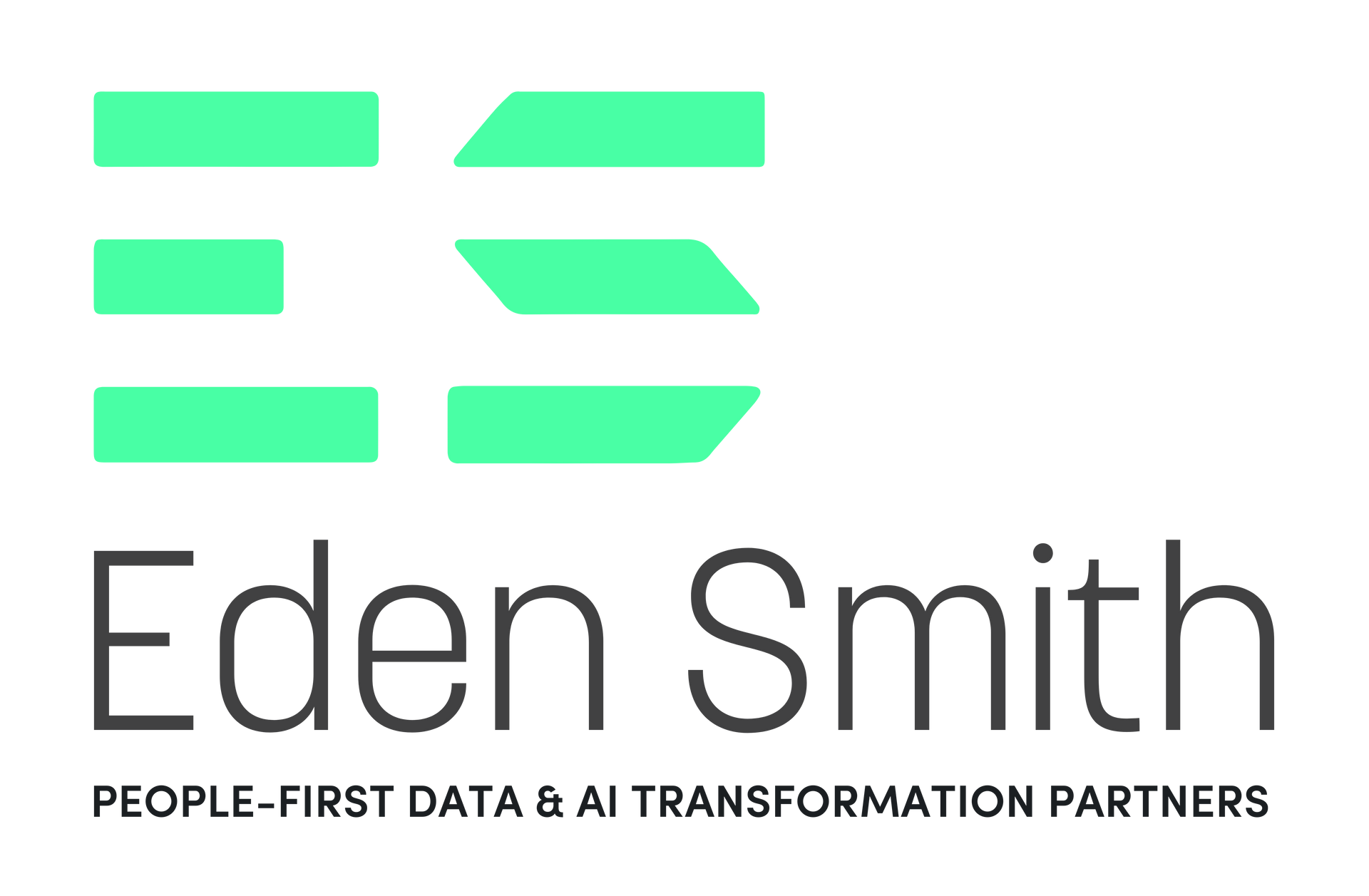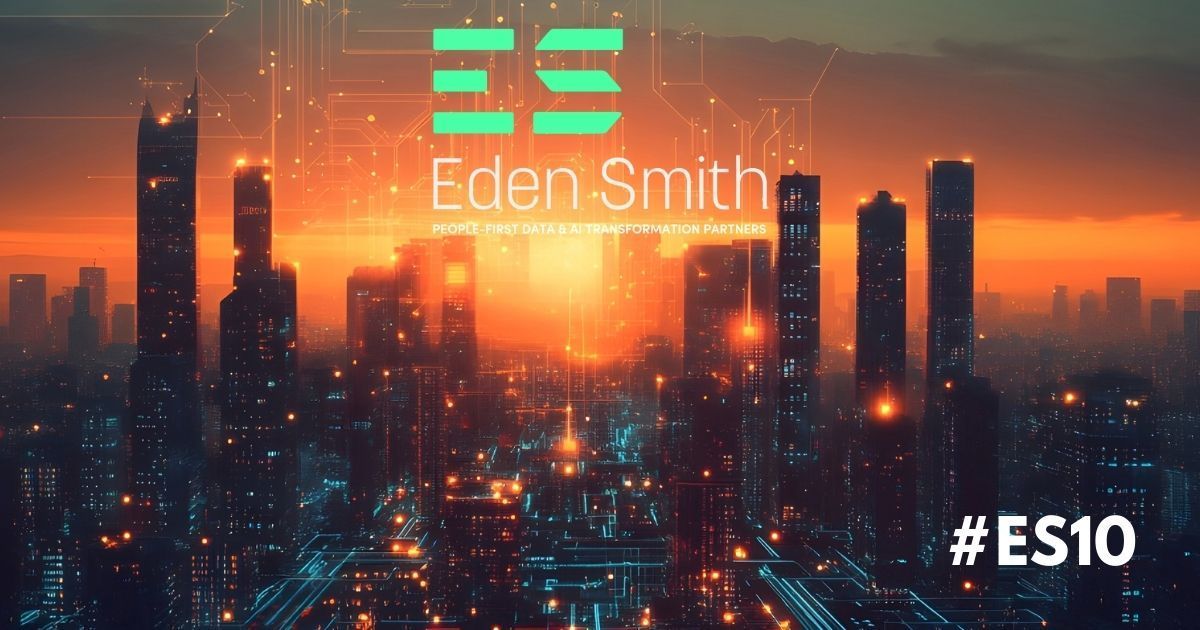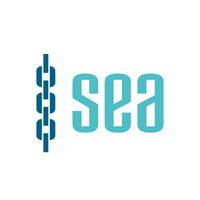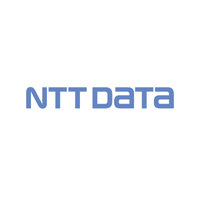Opportunities AI Creates for Early-Career Professionals
Artificial Intelligence (AI) is rapidly transforming the workplace and early-career professionals are at the forefront of this change. As we continue to integrate AI into more aspects of business, it’s vital to understand how this technology will shape career paths, opportunities, and expectations for the next generation of talent… and support the transition before the skill gap widens any further.
Leaders within our space have a responsibility to ensure early careers are supported within their organisations through well-structured onboarding programmes that ultimately offer a broader range of more advanced projects than entry level positions would typically offer.
Is AI an Opportunity or a Challenge?
The answer is both. The challenge being that there is a phasing out some traditional entry-level responsibilities. However, this opens the door to opportunities that have never been more exciting!
How to Leverage the Opportunity
1. Start Closer to the Core
Traditionally, junior roles in data or analytics were focused on data entry, cleaning, or report generation. Today, AI tools like Python-based automation, data cleaning scripts, and platforms such as Dataiku or Alteryx streamline these tasks.
This allows early-career professionals to:
- Participate in hypothesis design, stakeholder discussions, and model evaluations.
- Contribute to solving real-world problems early in their career.
- Gain exposure to the business impact of data from day one.
2. Build Human-Centric Skills
The World Economic Forum (2023) identifies analytical thinking, resilience, and emotional intelligence as some of the most in-demand skills. While AI excels at pattern recognition and prediction, it still lacks true creativity, empathy, and ethical judgment — areas where humans shine.
Early-career professionals should:
- Hone their communication and storytelling skills.
- Learn how to translate data into decisions.
- Build cultural and ethical awareness to address bias in AI.
3. Work Across Disciplines
AI enables data fluency across domains. No longer siloed in IT, data roles now intersect with marketing, product development, HR, and more. This convergence empowers early professionals to:
- Rotate through departments.
- Collaborate on multi-disciplinary teams.
- Become T-shaped professionals - broad generalists with a deep skill in one area.
4. Bring Fresh Perspectives
Early-career professionals are uniquely positioned to:
- Spot emerging ethical risks that others overlook.
- Ask naïve questions that surface assumptions.
- Advocate for underrepresented users.
This is particularly important as AI systems increasingly influence access to jobs, credit, education, and justice and this paid article from MIT on what is AI is a interesting guide.
5. Become AI-Native Innovators
According to the Deloitte 2025 Global Gen Z & Millennial Survey, Gen Z professionals - having grown up with digital tools - are often more comfortable experimenting with no-code platforms, AI assistants like ChatGPT, and collaborative tools. They are well-placed to:
- Automate routine workflows.
- Prototype internal tools.
- Innovate new solutions faster than their predecessors.
Advice for Those Starting Out
- Start building now: Use open datasets and platforms (Kaggle, Google Colab, GitHub) to build a portfolio.
- Master the fundamentals: Focus on Python, SQL, and basic statistics. They're still the foundation.
- Stay curious: Read broadly - not just technical AI, but ethics, policy, and user experience.
- Find a mentor: Whether through LinkedIn, Slack communities, or local meetups, mentorship accelerates growth.
- Contribute to open source: It’s a great way to learn, get noticed, and give back.
Challenges to Watch
Shrinking Entry-Level Tasks
Traditional ‘foot in the door’ roles involving admin, data entry, or scheduling are increasingly handled by AI raising the bar for first-job candidates, meaning young professionals must enter the workforce with a more advanced skill set or risk being left behind.
Advice for Leadership
To address this, organisations must take responsibility for keeping the early-career pipeline open. Leaders should design intentional pathways for skill development, embedding peer learning, mentorship, and real-world experience into workplace models. Without proactive leadership, the skills gap will continue to widen - stacking the odds against the next generation and weakening the long-term resilience of the workforce.
Rising Expectations for AI Literacy
Today’s early career professionals are expected to be not just tech-savvy but AI-literate. Employers are looking for people who understand how to use AI tools effectively and ethically. This includes knowing when and how to use AI, interpreting results, and ensuring bias and misinformation are minimised.
Advice for Leadership
This growing expectation can be daunting, especially for those just entering the workforce. Leaders have a crucial role to play in bridging this gap. That means embedding AI training into onboarding and development programmes, fostering a culture of experimentation and learning, and making space for open dialogue about responsible AI use. By demystifying AI and supporting ongoing learning, organisations can empower the next generation to become confident, capable contributors in an AI-driven world.
Rapid Change, Rising Uncertainty
As AI tools evolve, job descriptions are shifting quickly. This constant change can create uncertainty for early-career workers, who may struggle to keep up with what’s expected or fear that their job might be automated.
Advice for Leadership
Leaders must recognise and respond to this uncertainty. That means clearly communicating how roles are evolving, providing pathways for continuous upskilling, and offering support structures that help individuals adapt. By fostering transparency, psychological safety, and a growth mindset, organisations can turn the anxiety of rapid change into a foundation for resilience and opportunity.
Source Talent Who Are Ready to Grow with You
Finding early-career professionals who are both qualified and ready to deliver from day one is a growing challenge. That’s where our Nurture Programme makes a difference. Designed for MSc students, it combines academic expertise with hands-on industry experience through live industry placements - equipping participants with the practical skills and confidence needed to make an immediate impact in the workplace.
What is the Nurture Programme?
The Nurture Programme is a three-month, live project experience designed to give graduates:
- Real-world exposure in a business-critical setting
- Opportunities to apply their theoretical knowledge
- Practical, hands-on skills in problem-solving, collaboration, and communication
Bridging the Gap Between Education and Impact
We also support organisations with graduate recruitment by connecting you with talented individuals who have just completed our Nurture Programme.
Our graduates aren’t just fresh from their MSc studies, they’ve been immersed in live commercial projects, developed professional behaviours, and are eager to continue growing in a full-time role.
By partnering with us, you gain access to a diverse pool of pre-vetted, motivated, and work-ready talent.
Hire With Confidence
- Access a pool of graduates who’ve proven themselves on real projects
- Reduce onboarding time and training costs
- Support your early-careers strategy with impact-ready individuals
Whether you’re filling entry-level roles or growing your graduate pipeline, we can connect you with talent that aligns with your goals.
Final Thoughts
The future of AI is not something to fear it’s something to prepare for. AI isn't eliminating entry-level roles - it's upgrading them. For those willing to adapt and learn, you will progress with a more interesting pathway than those who have gone before you. For early-career professionals, success will depend on a blend of curiosity, flexibility, and the willingness to evolve. Those who are proactive, digitally fluent, and emotionally intelligent will find that AI is not a threat, but a powerful ally in shaping a dynamic and fulfilling career.
Let’s Connect
Are you currently recruiting or planning to bring on graduate talent?
Please get in touch to learn more about our Nurture Programme Alumni, we’d be delighted to introduce you to the next generation of high-potential professionals.
Every career needs a strong start. Let’s build that beginning together. Reach out to Marie May to learn more about how we can support you to develop robust and diverse talent pipelines.

